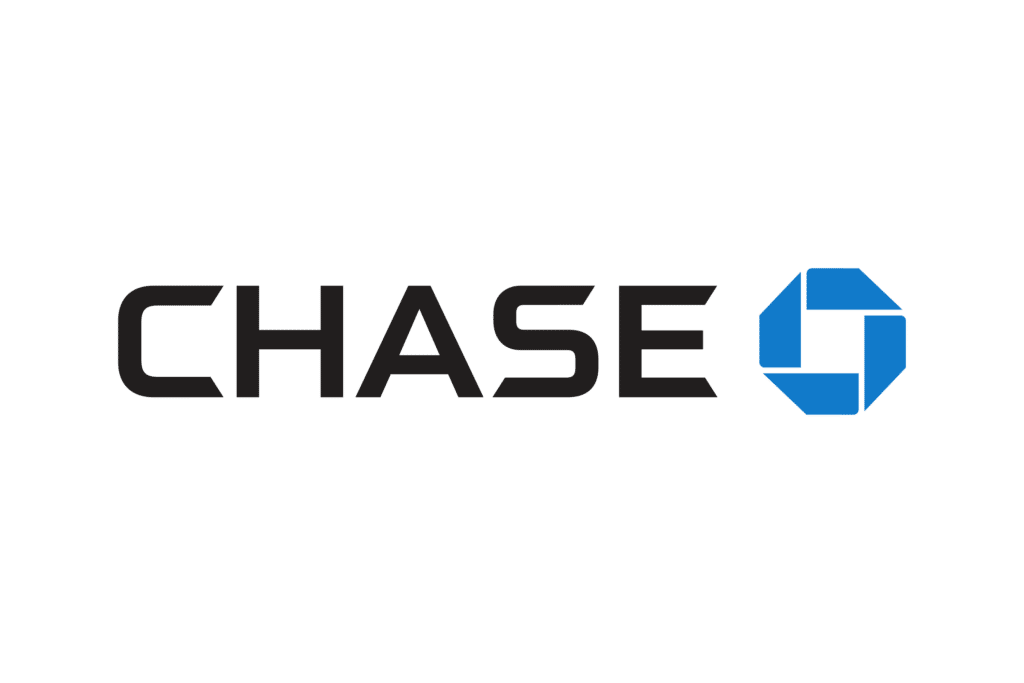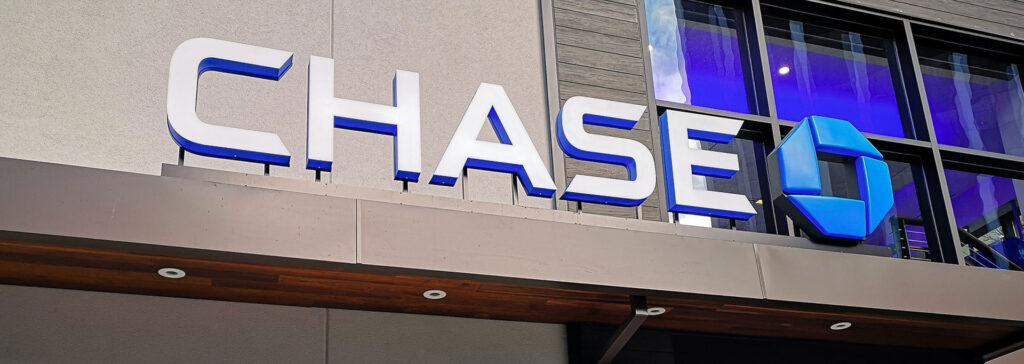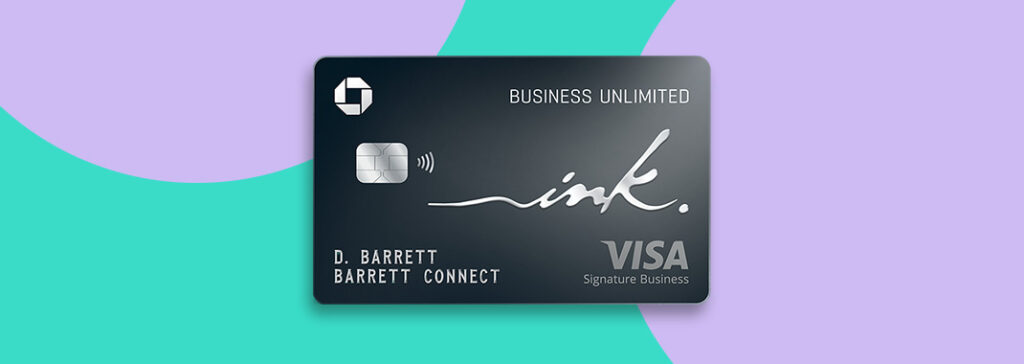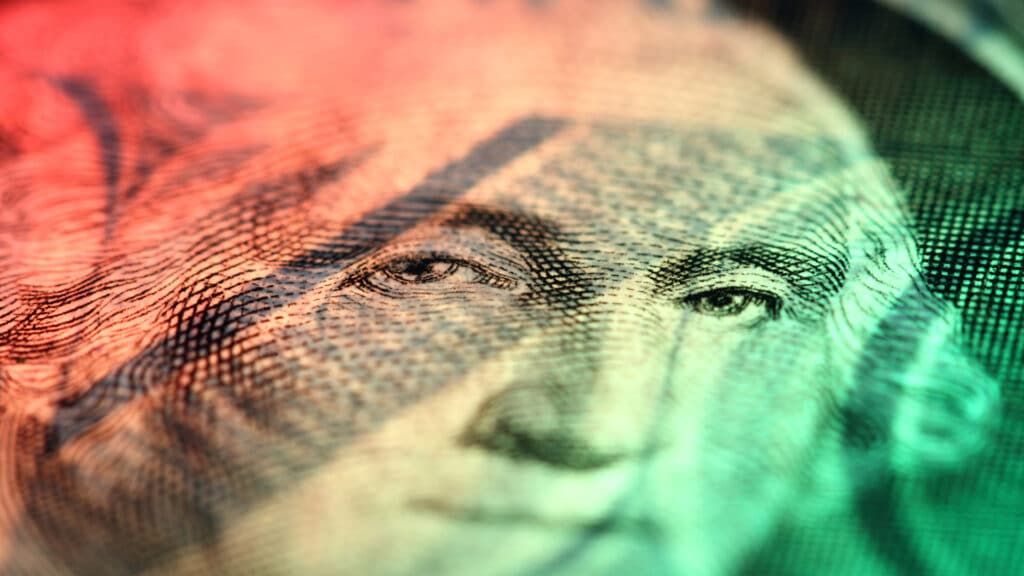Most products on this page are from partners who may compensate us. This may influence which products we write about and where and how they appear on the page. However, opinions expressed here are the author's alone, not those of any bank, credit card issuer, airline or hotel chain. This page may include information about American Express products currently unavailable on Slickdeals. American Express is not a partner of Slickdeals.
Taking advantage of a new bank account bonus could potentially be an easy way to earn up to a few hundred extra dollars. But before you decide to open a new checking or savings account in an effort to score a bonus, there are a few rules you should understand first.
1. Understand the Rules

It's important to review the terms and conditions of any bank account bonus offer thoroughly before you start to fill out any new account applications. First, you'll want to make sure that you're eligible for the bonus opportunity and see when the offer expires. Then you should check out the qualification criteria and evaluate whether the terms sound like requirements you can realistically meet.
Bank account bonus offers commonly feature a certain number (or certain dollar amount) of "qualifying transactions" you'll need to satisfy. Qualifying transactions might include:
- Traditional Deposits
- Direct Deposits
- Debit Card Transactions
- Online Bill Pay
- Virtual Deposits
You might also need to reach some minimum balance requirements—both in the form of your initial opening deposit and a daily or monthly account average. Every bank and offer is different, of course. It's imperative to read through the fine print with care.
Chase Total Checking® Account
- Our Rating 4/5 How our ratings work
- APYN/A
- Minimum
Deposit RequiredN/A -
Intro Bonus
$400Expires April 15, 2026
New Chase checking customers enjoy a $400 bonus when you open a Chase Total Checking® account and make direct deposits totaling $1,000 or more within 90 days of coupon enrollment.
Chase Total Checking® is among the best entry-level accounts. It typically offers new customers a sign-up bonus, and it’s fairly simple to waive the monthly fee. However, it's worth noting that it doesn’t offer many valuable features or benefits and it’s not an interest-bearing checking account.
Overview
Chase Total Checking® is a basic checking account that doesn’t offer many premium features. However, if you can easily meet the qualifications required for the new account bonus (and to waive its monthly fee), it’s a good option for those who want an entry-level account.
Pros
- No minimum opening balance
- Multiple ways to waive monthly fee
- Access to nationwide Chase branches and ATM network
Cons
- Monthly maintenance fee
- Account does not earn interest
Let's look at the Chase Total Checking account for an example of bonus qualification criteria you might need to meet. With this bank promotional offer, you could earn $400 when you open a new account and complete the following actions:
- Open a new Chase Total Checking account
- Set up a direct deposit of your paycheck, government-issued benefits, or pension
With this offer, it's important not to close your account for at least six months after you open it. If you close your account before that time, you could lose your bonus. You can read more about the Chase Total Checking account in the full Slickdeals review here.
2. Pay Attention to Bank Fees
In addition to the requirements for a bank account bonus offer, you should check out whether the bank account you're considering comes with fees. Monthly membership fees have the potential to offset or even wipe out any extra money you earn from opening a new account.
Imagine the following scenario. You open a new checking account that offers a $100 new customer bonus. However, there's a monthly fee of $25 per month. You also have to keep the account open for at least six months or the bank will claw back the bonus it gives you. In this situation, it would cost you more to keep the account open than what you would earn in the form of a bonus (unless you could qualify for a fee waiver).
3. Track Your Progress
Once you find a new checking or savings account that you want to open, it's wise to keep a copy of the offer details for your records. You can print the offer or take a screenshot. Just be sure not to delete it or throw it away.
Next, you'll want to track your progress toward earning the new account bonus. If you need to have a certain dollar amount direct deposited into your account each month, you can use a spreadsheet, a note on your smartphone, or even a simple sticky note to write down each transaction that counts toward your goal.
Finally, once you're 100% sure that you've met the bank bonus requirements, keep an eye on your account. If the bank doesn't deposit the bonus within the promised time frame, you might need to follow up with customer service for help.
4. Watch Out for the “Claw Back”
There's a reason banks offer bonuses for opening new checking or savings accounts. They want to attract and keep new customers.
As a result, it's common for bank account bonus offers to contain restrictions in the fine print that prevent you from getting a bonus and closing your account immediately afterward. Many banks require you to keep your new account open for a period of time (perhaps six months or longer) or they have the right to "claw back" the bonus.
5. Reward of Credit Inquiries

When you apply for a new bank account, there's a chance the financial institution could perform a credit check. In some cases, this credit report review might be considered a hard credit inquiry, which has the potential to cause credit score damage.
While it's relatively to fix occasional credit score issues, if you have a lot of hard credit inquiries within a short period, you might cause your credit score to decline.
Does It Make Sense to Open Multiple Bank Accounts?
Opening different types of bank accounts in an effort to chase new customer bonuses could be risky and time-consuming. Yet there are several different types of bank accounts you might want to open to make it easier to manage your money.
From personal checking accounts and savings accounts to high-yield savings accounts and money management accounts, having multiple bank accounts might make sense for you. If you're a small business owner, you can open separate bank accounts for your business, too.
 Related Article
Related Article
Best Bank Account Bonus Promotions in February 2026
The good news is that there are bank accounts that come with great features and promotions that could put a little extra cash in your pocket. Below are a few of my favorite bank accounts for both individuals and businesses:
- Chase Total Checking®
- Chase College Checking℠
- PNC Bank Virtual Wallet with Performance Spend
- TD Bank Beyond Checking
- CIT Savings Connect Account
- Ally Online Savings Account
- Marcus by Goldman Sachs® High-Yield Online Savings Account
- Chase Business Complete Banking®
- Citibank Business Checking
- Axos Bank Basic Business Checking
If you or your business is in the market for a new bank account, remember that it's wise to shop around for the best offers available. While finding a bank account that offers a generous new customer bonus can be great, be sure to pay attention to other details like fees, ATM accessibility, mobile deposit capabilities, and any other features that might impact your day-to-day life.









